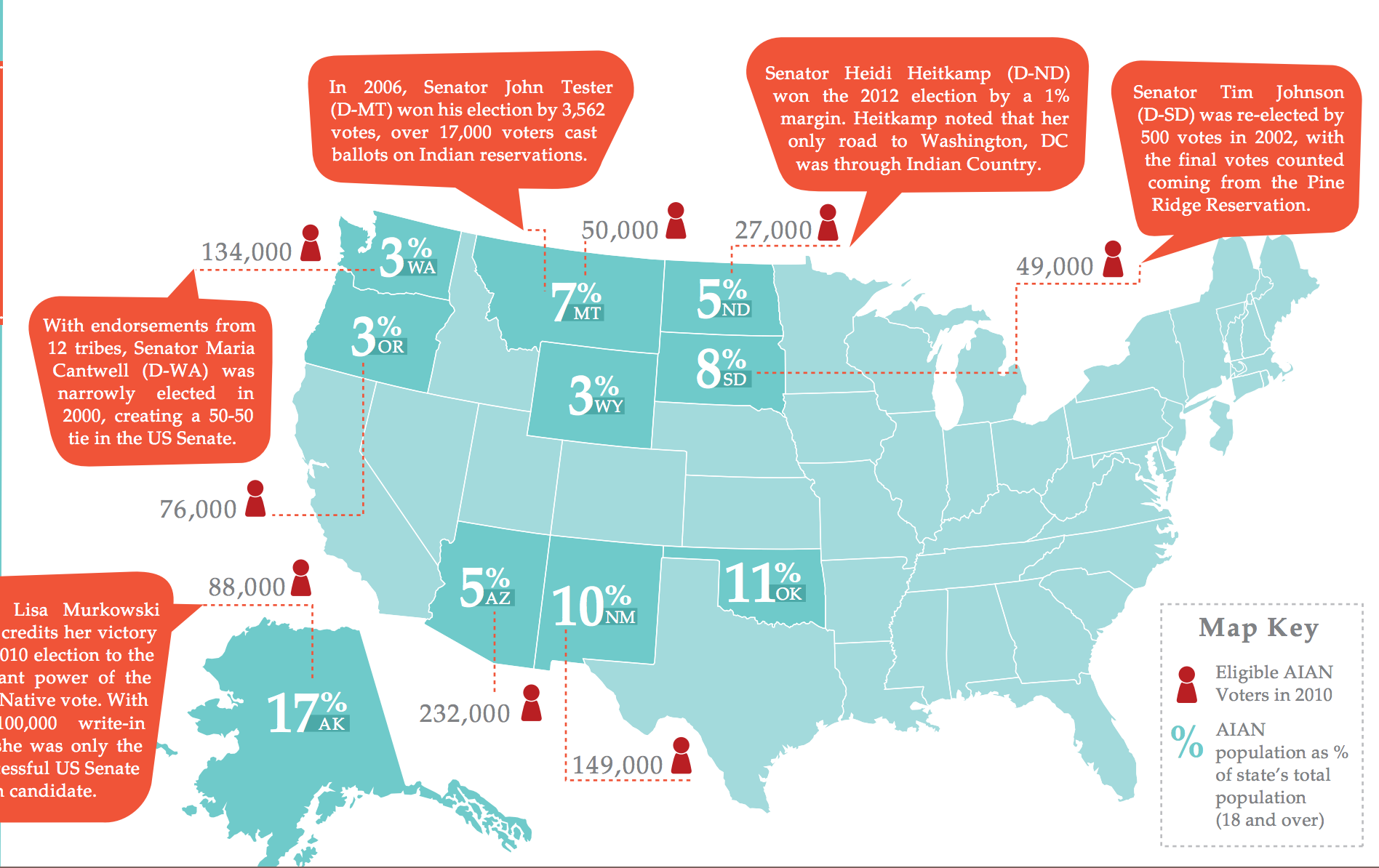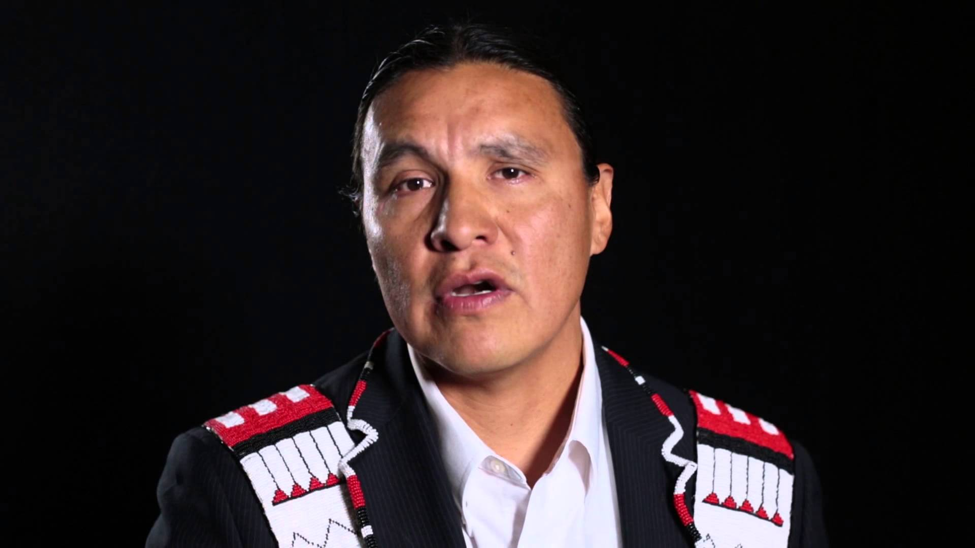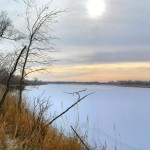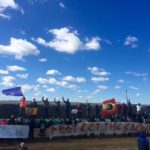by Katie McCleary
image from Native Vote
Indigenous candidates broke records in the 2016 election. Eight Indigenous candidates ran for congress and over ninety ran for state legislatures- more than ever before. Though many Indigenous peoples may have lost interest in the national election after a white haired candidate who could talk to birds dropped out, the local and state elections mobilized Indigenous voters and brought attention to Indigenous issues.
Despite the presence of strong sovereign Native nations in the West, the historical disenfranchisement of Native peoples has prevented us from running for and holding public office. Denise Juneau from Montana and Chase Iron Eyes from South Dakota both ran in states where an Indigenous person has never been elected to Congress and the states’ populations are over 85% white.
Denise Juneau (Mandan Hidatsa and Blackfeet), US House of Representatives (D)
Throughout her lifetime, Juneau has remained committed to serving her communities and serving Native peoples in Montana. Juneau began her career teaching at reservation schools and completed a Master of Education at Harvard Graduate School of Education in 1994. She later received a law degree from University of Montana and pursued public office. After being elected Superintendent of Public Instruction she implemented “Graduation Matters Montana” increasing the Montana high school graduation rates to record levels.
The number of generations a candidate’s family has lived in Montana is always included in campaign materials. Ryan Zinke represents the state as a 5th generation Montanan. That’s pretty good, but also pretty average. As an Indigenous woman, Juneau estimates her family has lived in what is now the colonial state of Montana for over 54 generations. During her campaign Juneau focused on Native peoples, visiting every reservation in Montana and even holding a debate on the Crow reservation.
Juneau would have been the first openly queer Montanan to ever hold federal office, the first female Montanan in over 60 years to be elected to Congress, and the first Native American woman ever elected to Congress. Her campaign itself was historic.
Chase Iron Eyes (Hunkpapa Lakota), US House of Representatives (D)
As Hunkpapa Lakota, Iron Eyes has remained at the forefront of the No Dakota Access Pipeline Movement since its inception. Iron Eyes received his law degree from the University of Denver Sturm College of Law in 2007 and began working within his Native nation of Standing Rock.
He is married to Dr. Sara Jumping Eagle who is a graduate of the Stanford School of Medicine. They have three children. Both Iron Eyes and Jumping Eagle have organized the Standing Rock community to respond to threats of sacred land and organized campaigns to normalize private homeownership within the community.
During debates Iron Eyes was asked how he could represent non-Native people in North Dakota as a Native person. Yet, the ability of white candidates to represent non-white people in North Dakota was never questioned. If he had won, Iron Eyes would’ve become the first Native person representing the state in Congress.
In both Montana and North Dakota, these candidates emphasized the Native vote but ultimately, of the eight Native Americans running for Congress, six lost, including Juneau and Iron Eyes. With only two Native Americans and one Native Hawaiian in the House of Representatives and no Indigenous representation in the Senate, Indigenous peoples lack proportionate representation in Congress.
Although Iron Eyes and Juneau lost, their campaigns increased state and national awareness of Indigenous issues and advocated for Indigenous sovereignty. As the first Native peoples to run for Congress in their respective states, both Iron Eyes and Juneau radically redefined Indigenous participation in the United States government.
These candidates and the water protectors at Standing Rock show us that we must continue to use our sovereignty as Indigenous peoples to fight for our rights, whether that means working within the framework of our sovereign nations or grassroots activism. Indigenous voices are important.
For more information about Native voting rights, visit Native Vote.





